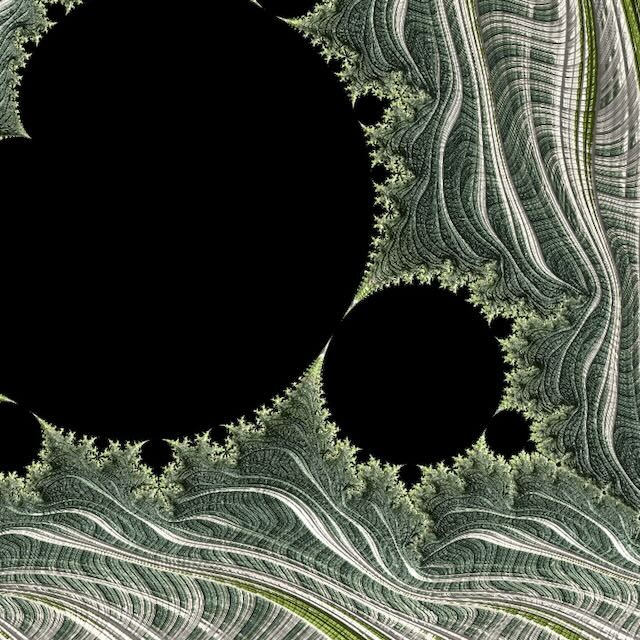Who Are the Extremists?
Posted on 20/09/25 in Politics

The American Democratic Party is trying to get its act together ready for the mid-terms next year. The headwinds against it are pretty powerful, and the dilemmas tough. Should it turn left or to the centre? How can you do politics when the constitution itself is being dismantled, clause by clause, with the connivance of Congress and a supine Supreme Court?
The polls are scary. One at the beginning of the month showed Trump’s ratings 42% favourable, 56% unfavourable, and the Republicans 39-53. The Republicans are spineless lickspittles, watching their President convert the world’s foremost democracy into a gangster state. Yet both the Hoodlum-in-Chief and his party are ahead of the Democrats, who poll 34-58. Indeed, 20% of Democrats and 31% of 2024 Harris voters have an unfavourable view of the Democrats (as do 51% of young people, 54% of women, 34% of black people and 47% of Hispanics – so much for the rainbow coalition).
How can this be, when the Republicans are so extreme? The problem is that ‘extreme’ is a relative term. When you compare the extremities to ordinary experience, then it may not be the Republicans who are the most out there, especially if we focus on the so-called ‘progressives’ who have cornered Democrat activism, as well as dominating the media, social media and many public institutions.
Sure, Trump is building a gangster state and dismantling the rule of law. This is extreme on anyone’s measure. But is it more extreme than the progressives’ antipathy to capitalism – the motor of the economy and the one single institution that has dragged humanity from universal poverty to its current level of prosperity? People have tried before to convert societies from capitalism to other systems, invariably resulting in violence, poverty and repression. Anti-capitalists, who only talk to each other, seem oblivious to the extremity of their own position, given the myriad ways that capitalism is interwoven into our social and economic arrangements.
Or consider progressives’ gender ideology, following Judith Butler’s ideas on gender performativity. Given that broadly mainstream ideas of gender (or dominant societal norms, if you prefer the term) are common to 100% of societies, and underpin the individual lived experience of virtually every human being on the planet and back through history, to try to erase them could hardly be a more extreme aspiration.
Compared to these ideas, which jointly would undermine virtually every social relation we rely on, Trump’s gangsterism is quite familiar. Think of the endemic corruption in Louisiana, or the machine politics of Chicago, New York and New Jersey, or the pre-civil rights segregationist racism of the South. Of course, he is deliberately killing democracy. But then, isn’t it the progressives who have been reminding us for decades that American democracy is a sham, a tool of the powerful, a means of repression, a reproducer of racism and sexism? If so, it’s hard to see the deep objection to Trump’s constitutional vandalism.
Don’t get me wrong: Trump is the embodiment of all that is wrong with politics. But if that is the case, let’s not forget how mainstream he looks next to his progressive enablers, and how their extremism serves to justify and legitimise his paranoid style. As I argued in my book Blockchain Politics, progressive politics undermines social trust; no wonder even a scoundrel like Trump looks preferable to many.
 Kieron O'Hara
Kieron O'Hara